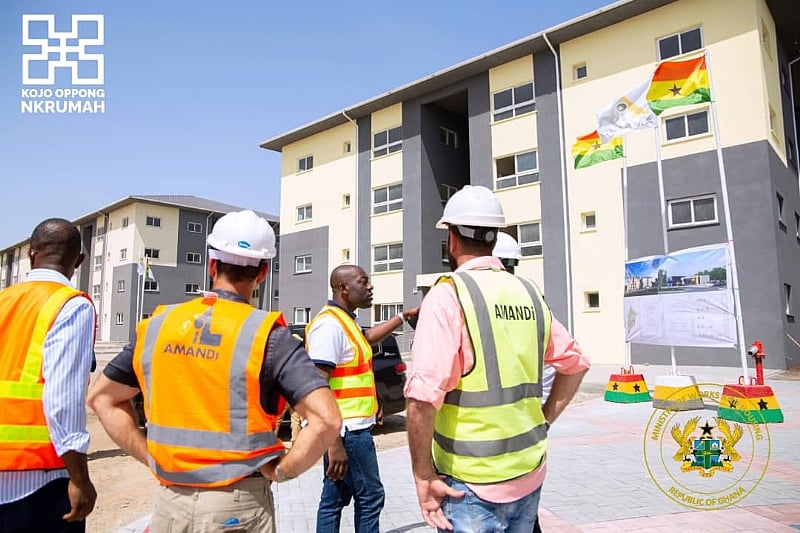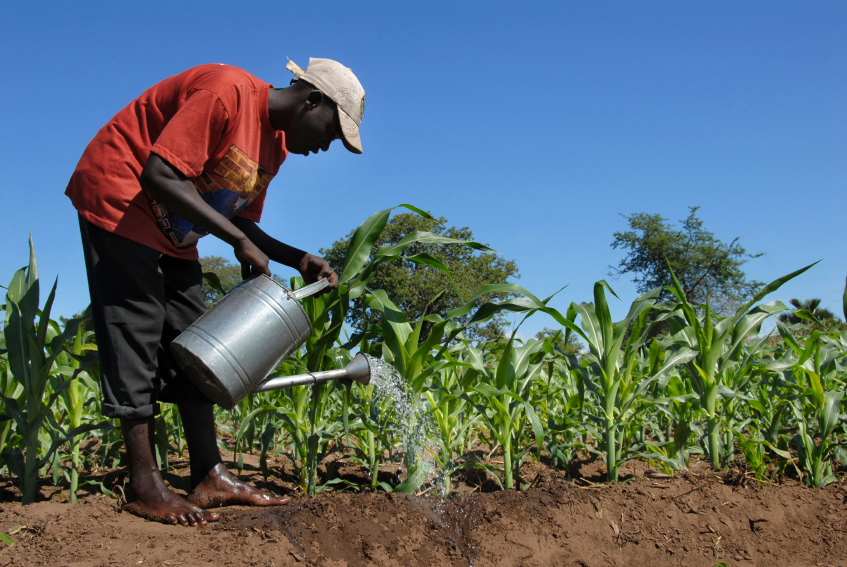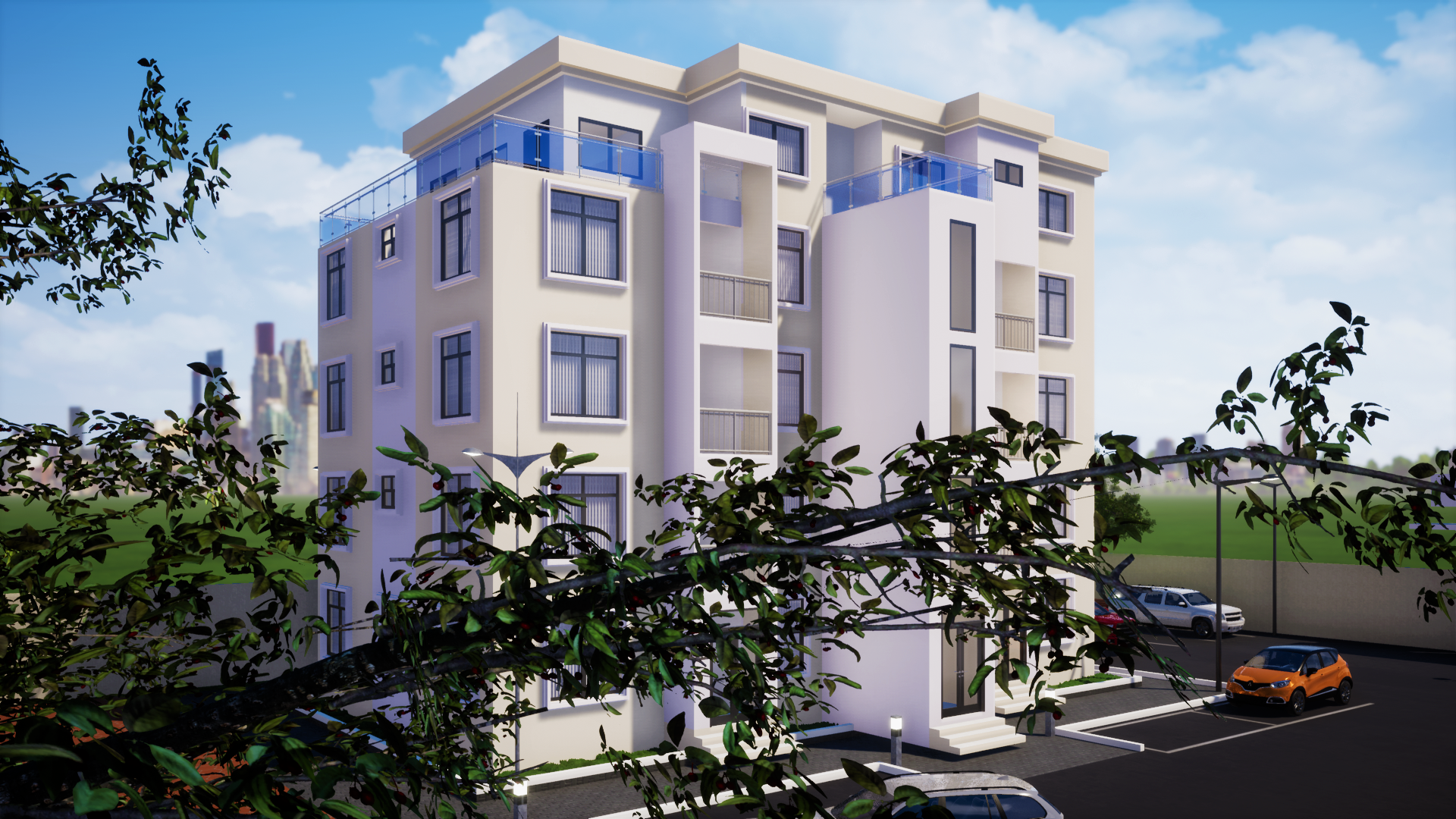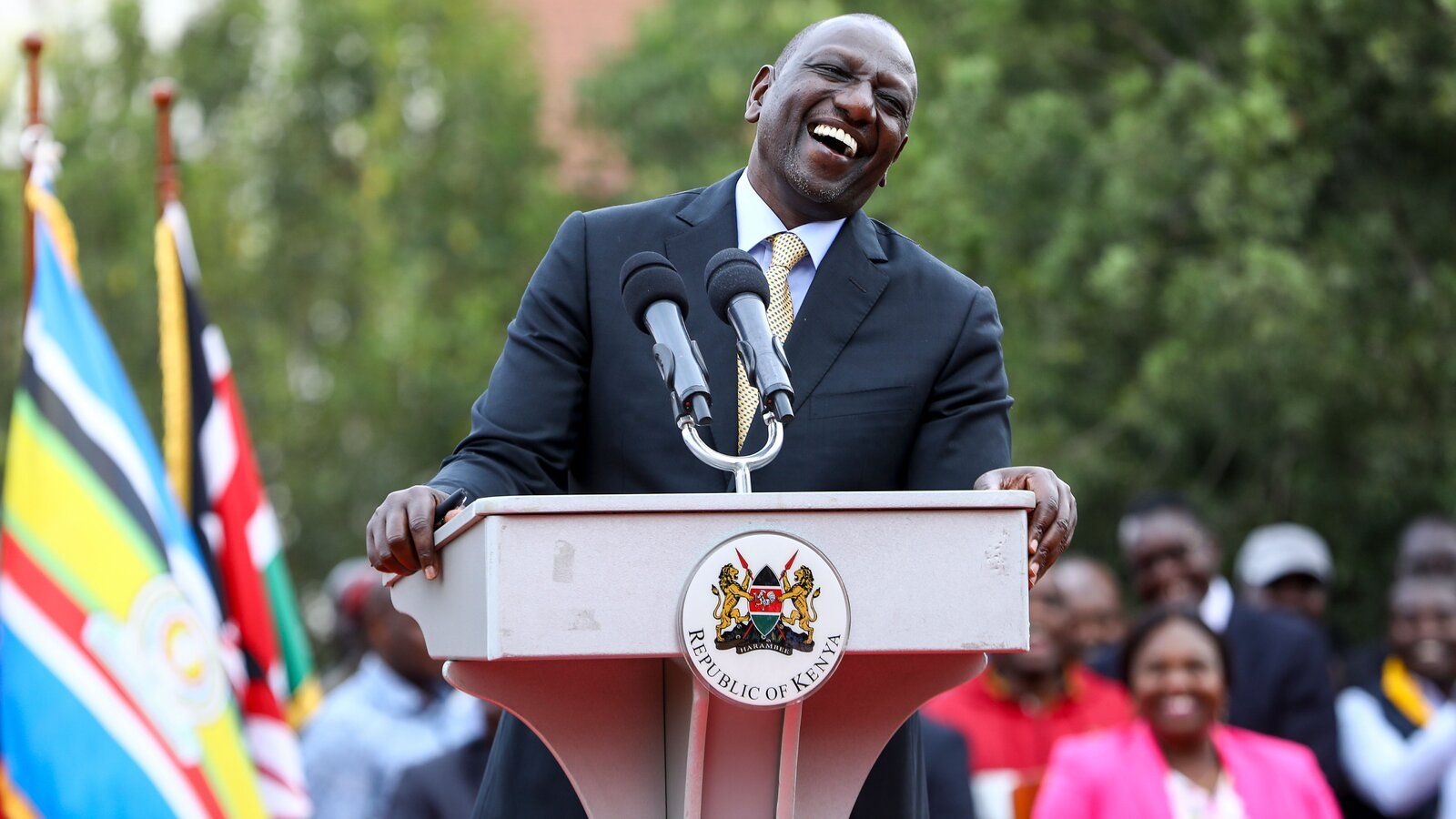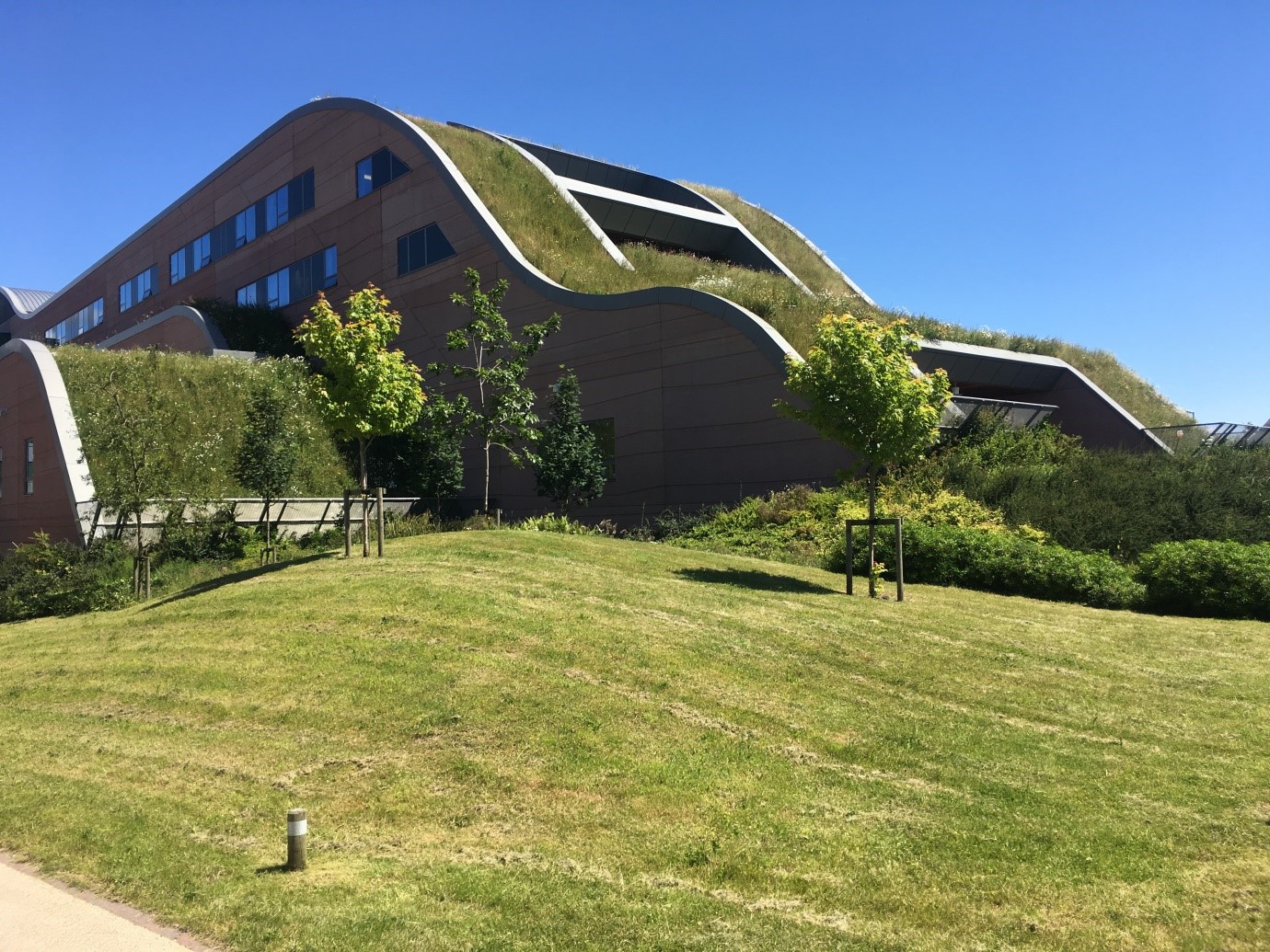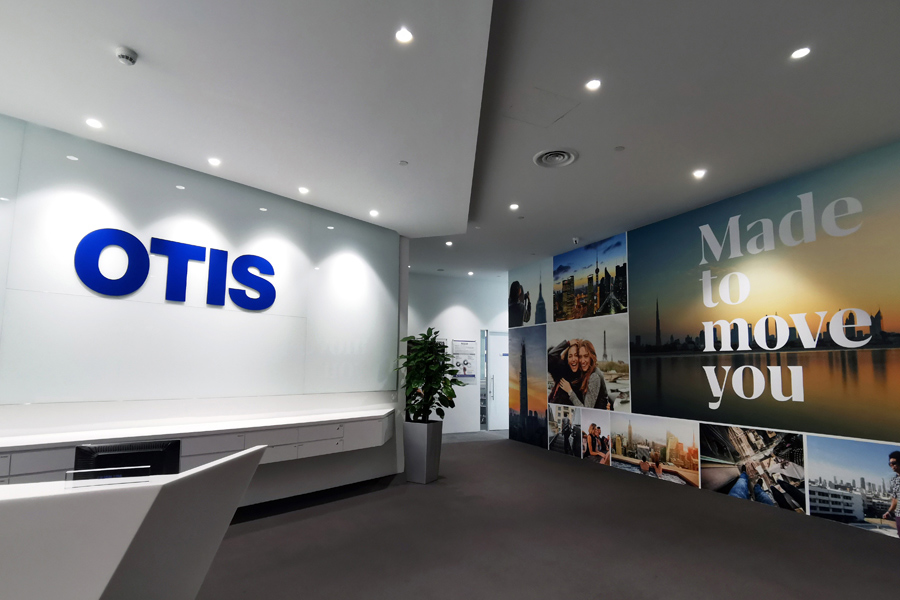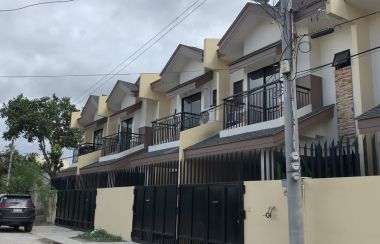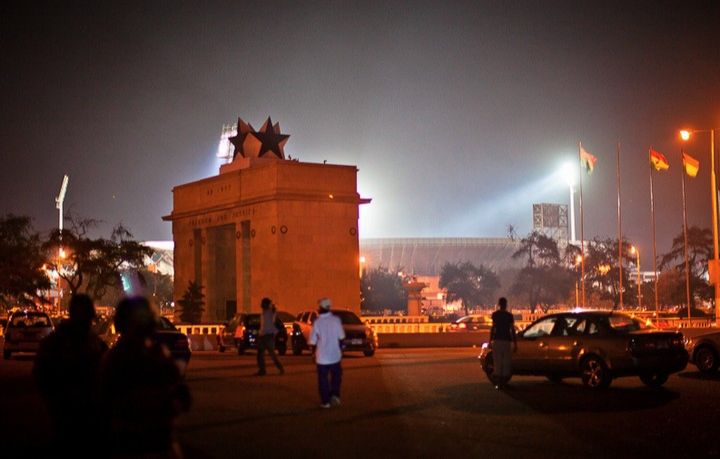INFRASTRUCTURE DEVELOPMENT IN NIGERIA

NIGERIA -INFRASTRUCTURE , PHILE PHOTO
Infrastructure development is an indicator of progress as well as the backbone of many economies around the world.
Historically, many countries have made significant investments in their infrastructure, whether it is the development of buildings, roads, trains, ports, and so on.
Over the years, poor infrastructure development has impeded Nigeria's economic success.
Several talks on infrastructure development have taken place, as well as countless presentations of plans for large
infrastructure projects by succeeding governments, with little or no progress.Despite the setbacks, Nigeria has abundant natural resources, including one of Africa's largest stocks of natural gas and crude oil, over 300,000 square kilometres of agricultural land, and significant concentrations of primarily undiscovered minerals.
Strong demographic growth, with an expanding age mix and an average age of roughly 18.1 years, increased technology advancement,
and urban development. These have all helped to shape Nigeria's future. With a population of about 206,802,324, with 52.0% of the population (107,112,526 people) in urban areas, a population density of 226 per Km2 (586 people per mi2), and a total land area of 910,770 square kilometres (351,650 sq. miles),
it is understandable that infrastructural development is still a problem in Nigeria.
According to the international trade administration, Nigeria builds just 2,000 houses annually with a current housing deficit of 17 million houses.
Nonetheless, infrastructure development is on the right track thanks to the active participation of private investors
in the building sector through the development of projects aimed at residential customers and corporate facilities.
Private investors are developing commercial estates around Nigeria to suit the housing needs of high-income individuals.
Advertisment

According to the international trade administration, the largest deep seaport in West Africa is being created in
Lagos through a collaboration between Tolaram Group, the Lagos state government, and the National Investment Promotion Commission (NIPC).
The $1.5 billion project will have a 16.5-meter water depth capable of berthing huge vessels that are currently unable to berth in West African waters.
Because of the expanded capacity of the port, more commodities may be imported and exported, increasing the efficiency of the country's ports.
These development projects have served as a model for other Nigerian states, and the governments of these states have begun planning for similar infrastructure projects to help boost their local economies.Nigeria's 2020 budget includes funding for several important road projects.
The Federal Ministry of Works and Housing and the Infrastructure Concession Regulatory Commission (ICRC) is also planning to concession various road projects across Nigeria under the Highway Development and Management Initiative. The objective behind this project is to ensure private sector engagement as a means of mitigating the lack of money. Nigeria's infrastructure development may not be at the level required at the time,
but the actions that have been taken to improve it, promise a bright future for infrastructure development in Nigeria.
Source: Diana Okyerebea -Africa Home Building News

Comments System WIDGET PACK




.jpg)
